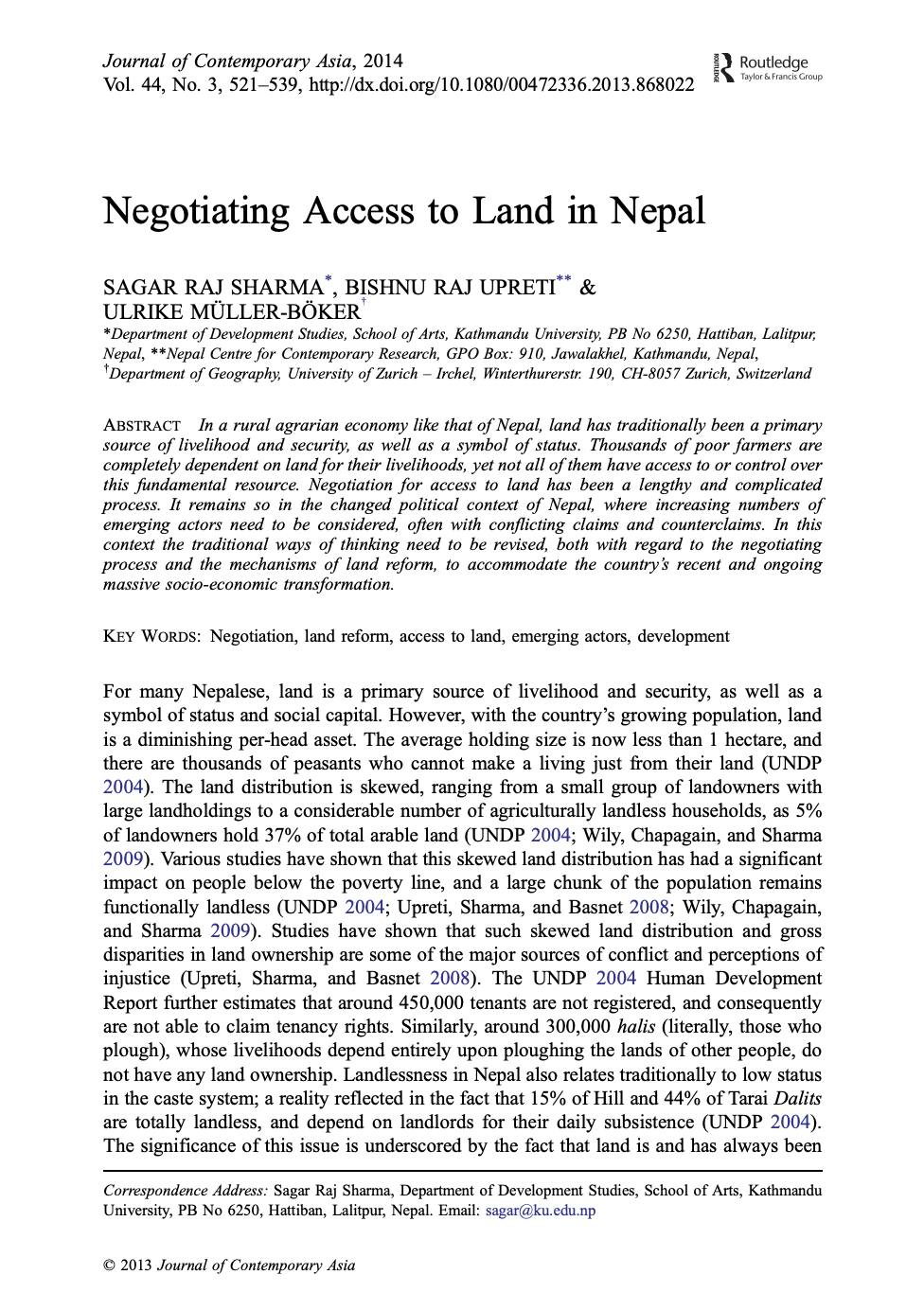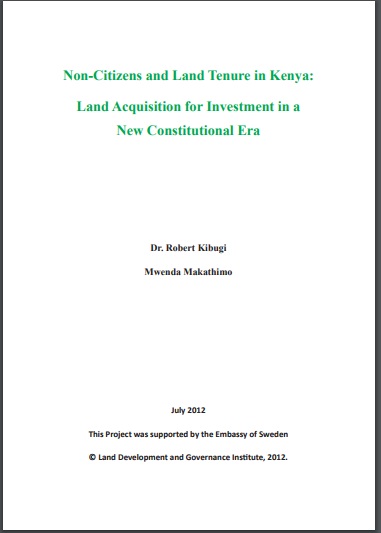Maintaining the contract responsibility system of forest land distribution in China: Evidence from a novel financial compensation scheme in Daxi Village of Anji County, Zhejiang
Guaranteeing households’ equal access to land has long been advocated as paramount to implement development policies in Rural China. Given the chronic land scarcity in densely populated regions of China, finding a compromise between private and collective land rights has been important to protect livelihood safety nets and to address poverty issues in rural areas, especially in the initial stages of reform.






